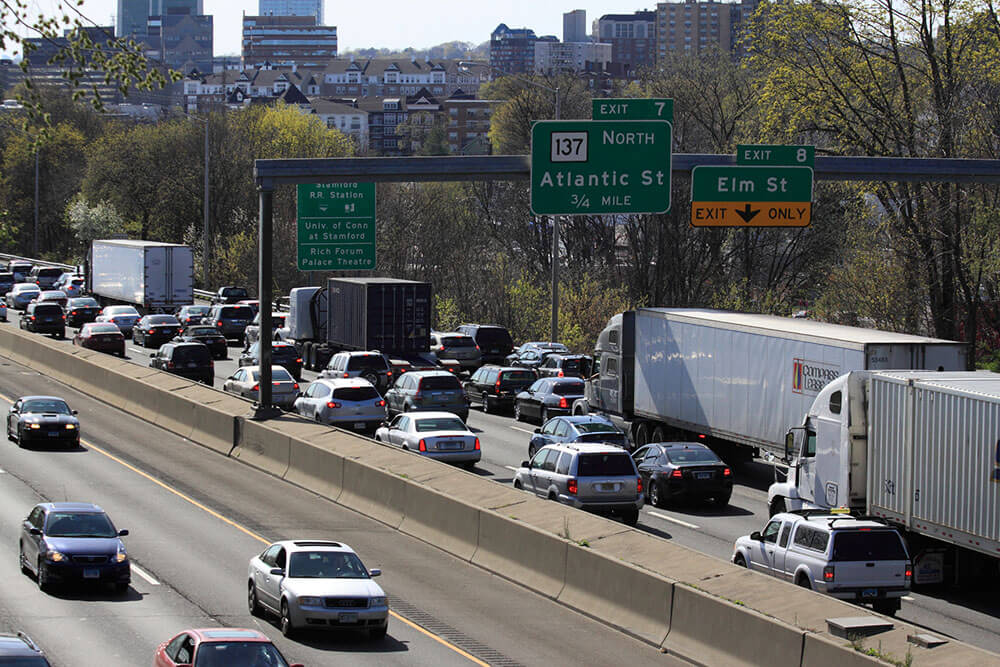
It’s a basic question, but one that many of us struggle to answer: Who pays for medical bills after a car accident?
That kind of knowledge is something that most of us do not want to acquire on a first-hand basis. Yet the truth is that most of us will, sooner or later.
If and when that occurs, it pays to be prepared. With that in mind, let’s take a closer look at the various payment scenarios in play after an auto accident.
Potential Post-Accident Payers
- Your health insurance company — the insurance industry understands that people often cannot wait to sort out who pays for what in the aftermath of an accident. People need care immediately. For that reason, healthcare plans are often used to cover medical treatment in the wake of an accident. Your healthcare insurer may seek to recoup these costs later from your auto insurer. Or, if the other driver is at fault, your healthcare insurer may seek to recoup these costs from that driver’s insurer or the driver if that driver has no coverage. It’s important to track any out-of-pocket expenditures you have, including deductibles and co-pays.
- Your auto insurance company — many auto insurance policies have injury coverage that will pay for medical bills associated with an automobile accident. If the other party was not at fault — or you were involved in an accident with another person who does not carry auto insurance — you may need to use your own auto insurance to cover your medical bills. Most policies have caps, and anything exceeding these caps would typically be paid by your healthcare insurer.
- The other person’s auto insurance company — if you are involved in a collision that is the fault of the other person, that person’s auto insurance policy will often cover your medical bills. These payments are typically limited by coverage caps. One these caps are exceeded; it may be necessary to pursue litigation to receive additional compensation.
- Negligent third parties — in some cases, a third party may be liable, fully or in part, for an accident. For example, the manufacturer of a truck trailer may be liable if that trailer contains a defective part that causes it to detach and strike another vehicle. Or, if a road is not properly maintained, the owner of that road may be liable for an accident that occurs on that road.
The Takeaway
Understanding who typically is responsible for paying for post-collision medical care can help ensure that you follow the right steps in the event of an accident, and that you do not pay out of pocket unnecessarily.